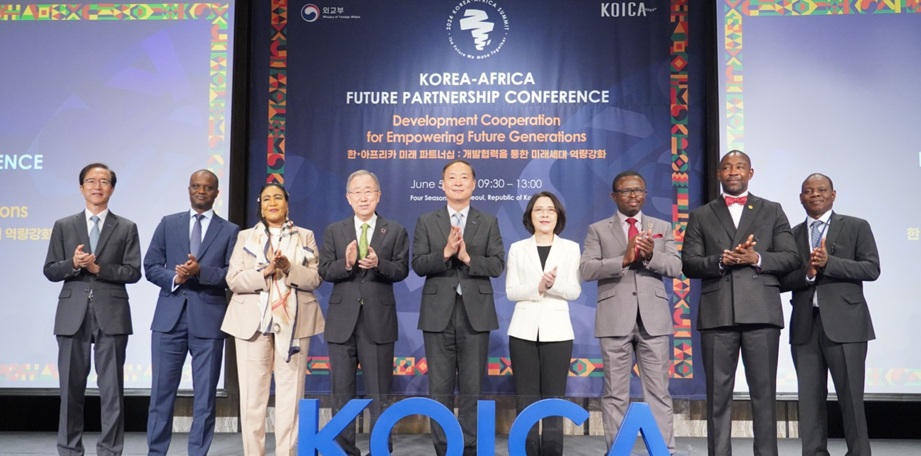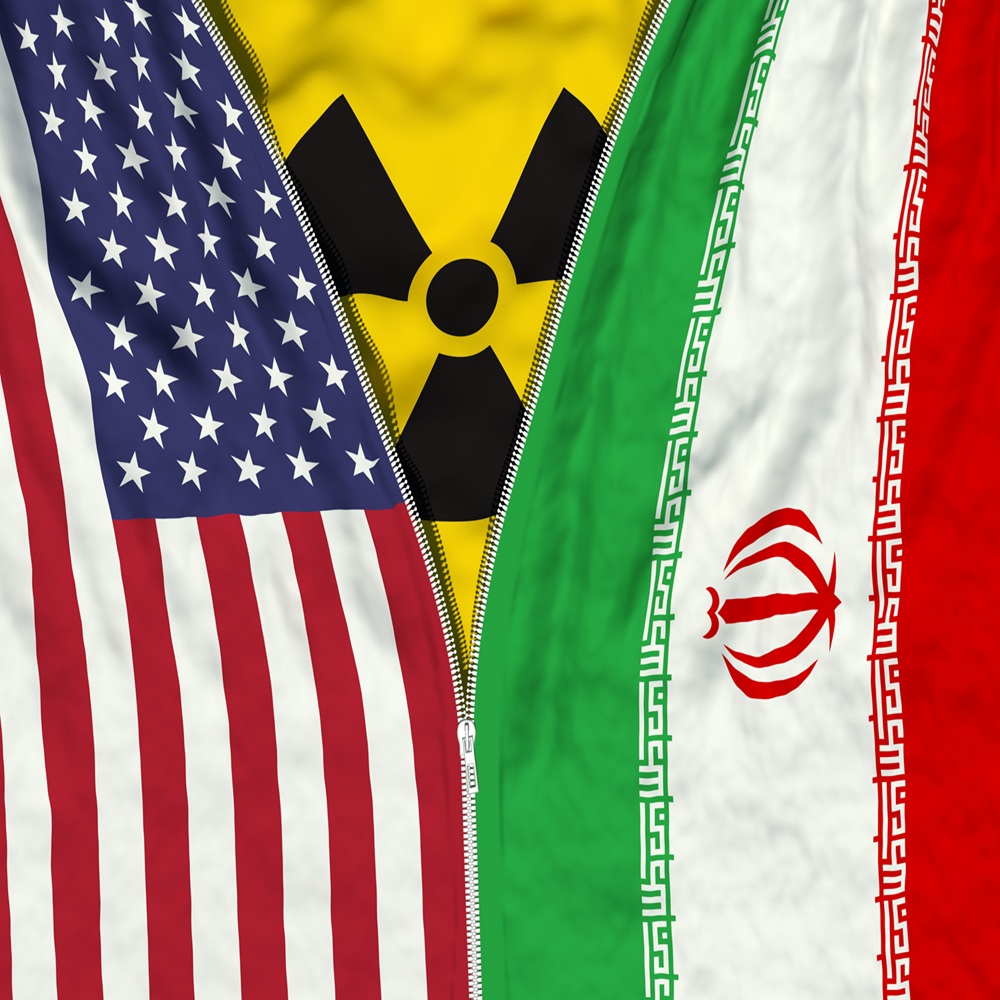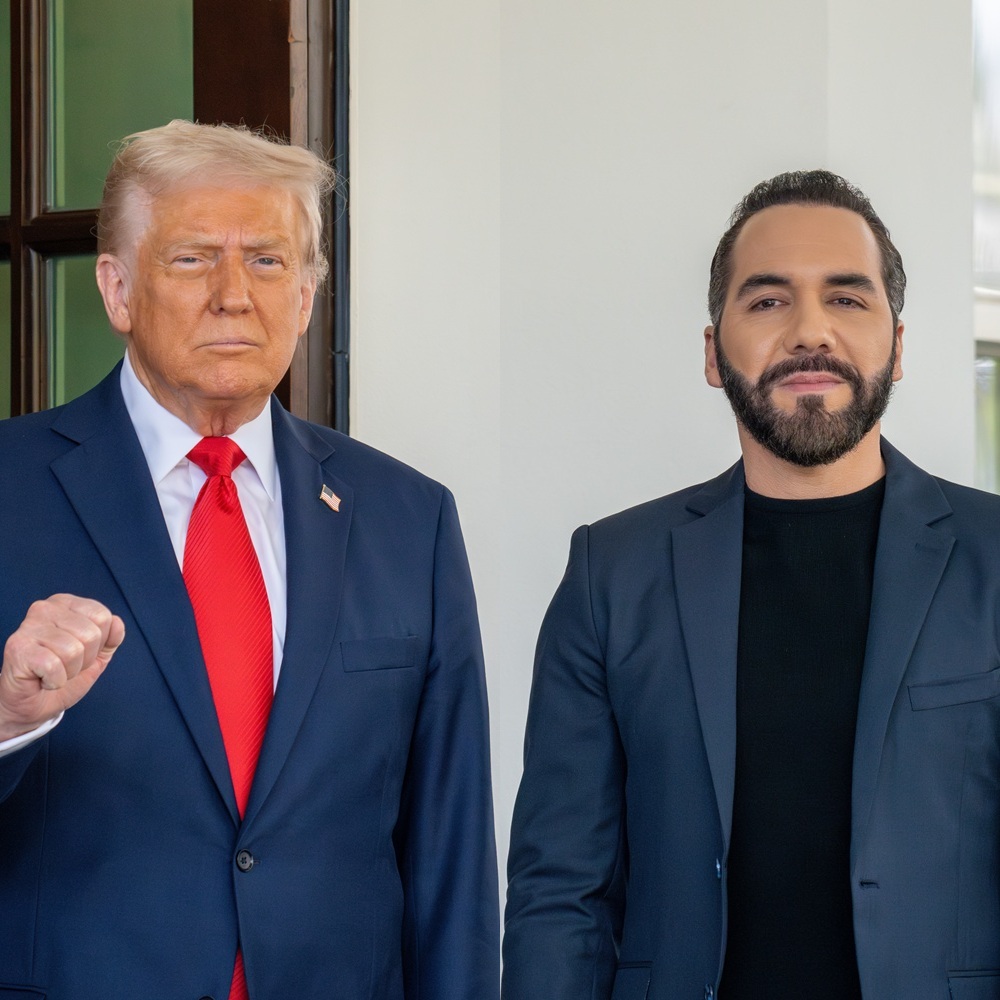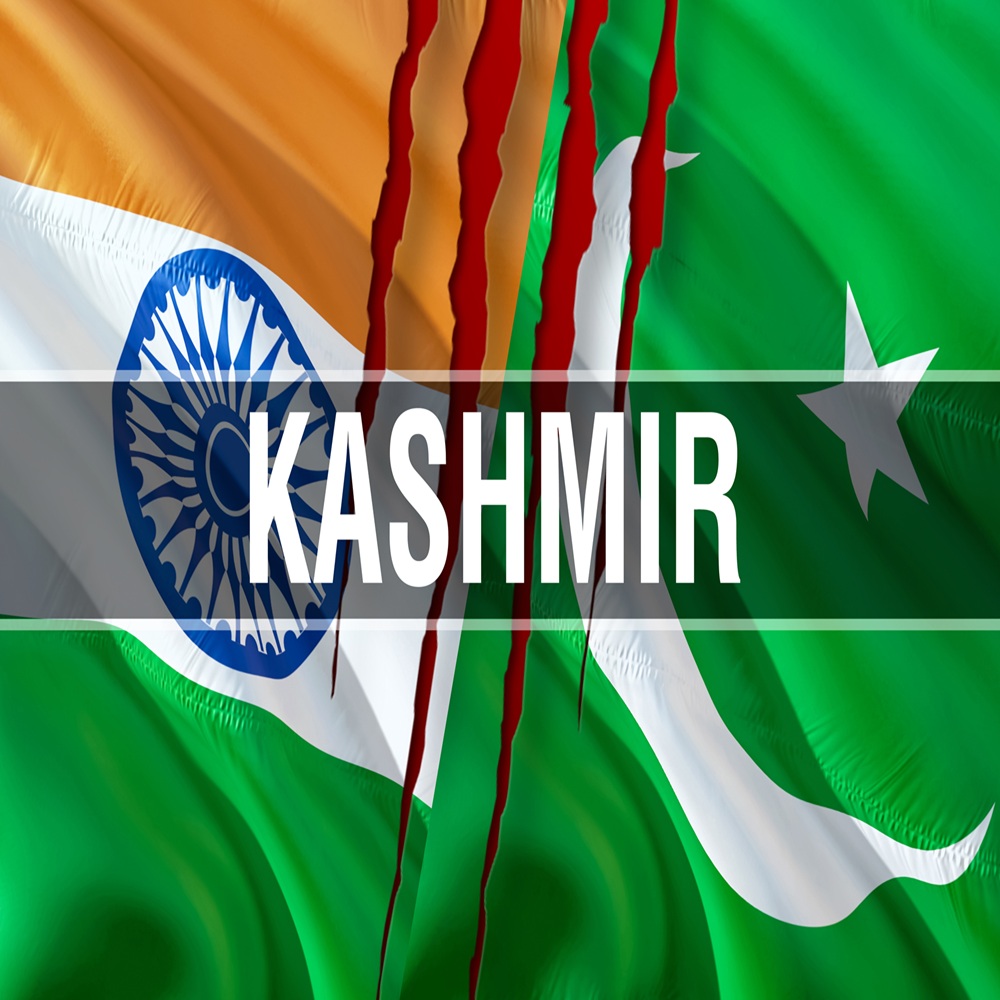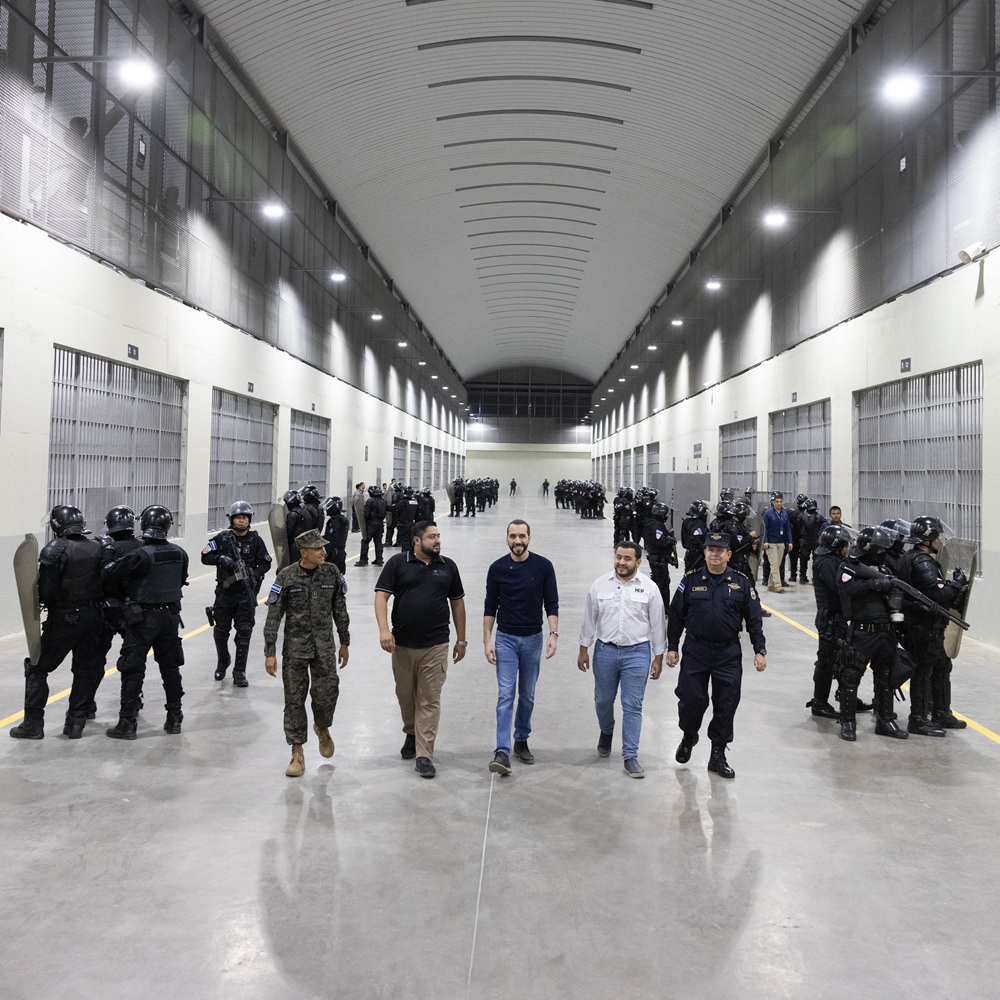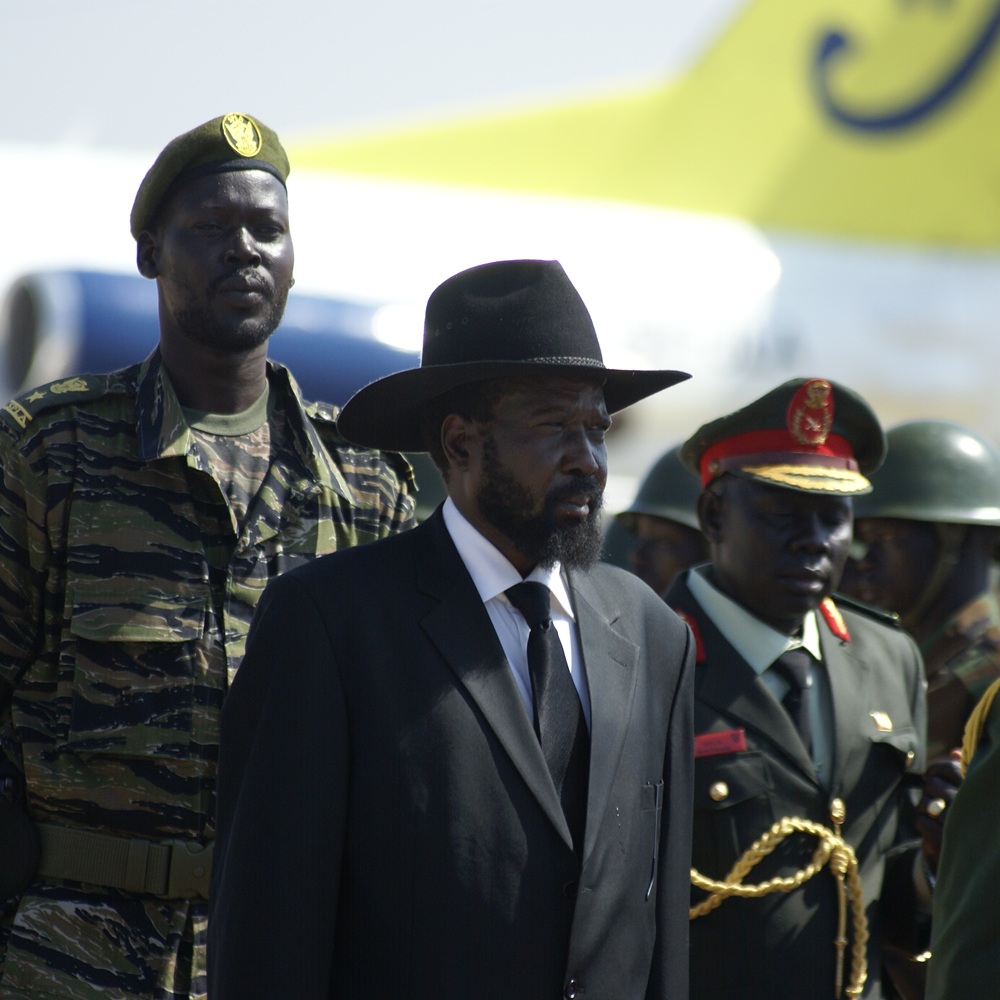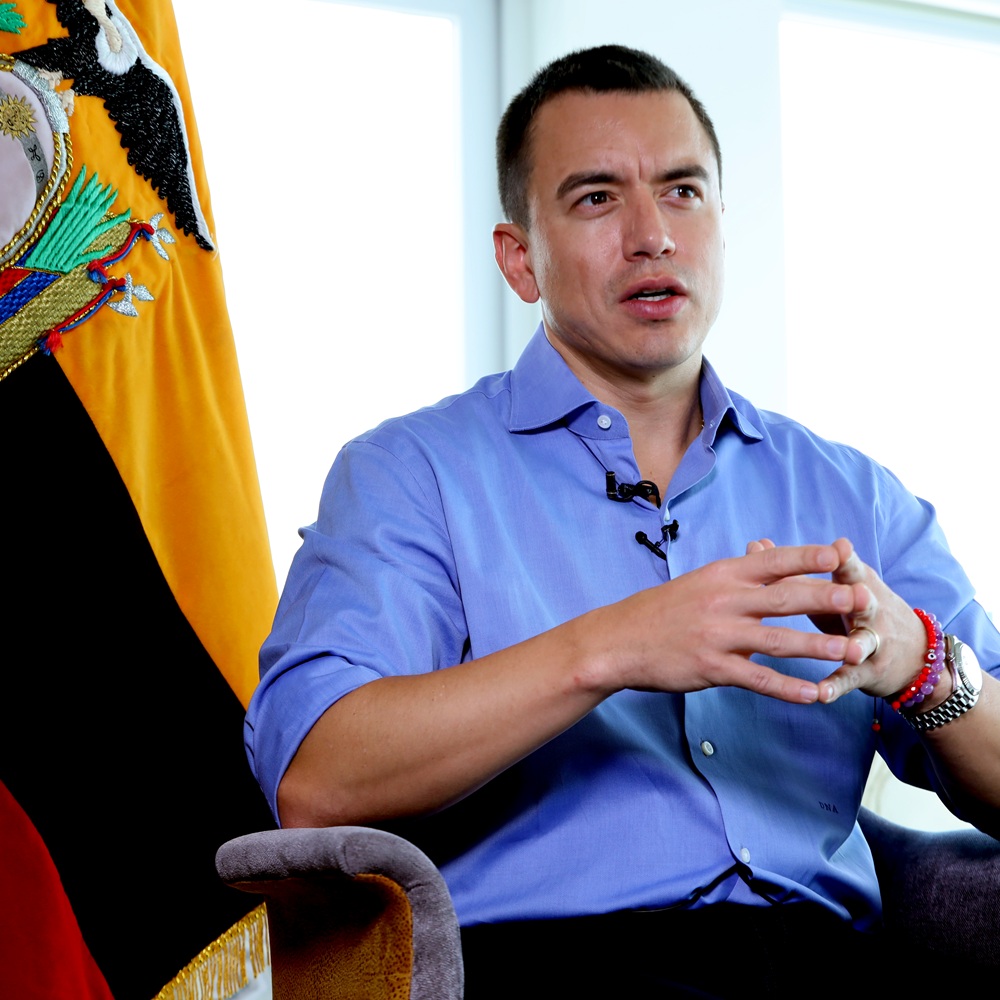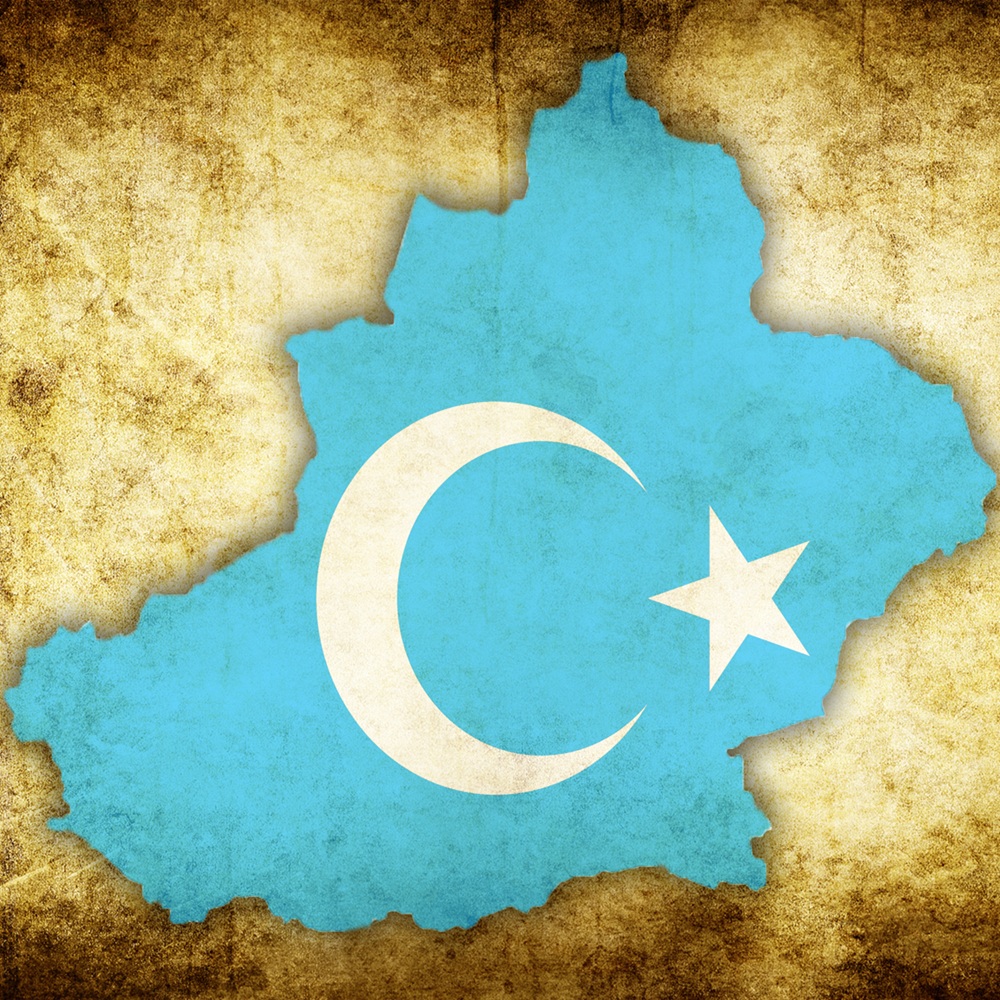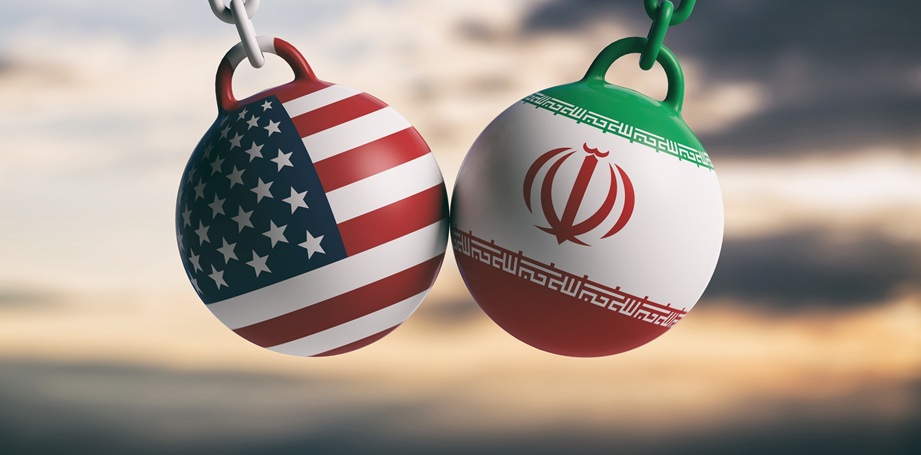
Iran-U.S. Relations: From Escalation to Dialogue?
by Lana Rawandi-Fadai
한국어로 읽기 Leer en español In Deutsch lesen Gap اقرأ بالعربية Lire en français Читать на русском From war threats to negotiations In the early months of 2025, Iran and the United States stood on the brink of open military conflict. The escalation was driven by several factors that coincided in time, heightening the effect of instability. It was one of the most dangerous periods in the history of their relations. Until very recently, Iran lived under a cloud of anxious expectation: would war erupt, or could the situation be contained? The first reason behind the sharp escalation is, without doubt, Donald Trump’s return to office. It is well known that during his first presidency in 2018, he withdrew from the Iran nuclear deal (the Joint Comprehensive Plan of Action, JCPOA), reinstated prior sanctions and introduced new, extremely severe ones against Tehran. Trump took a hardline stance toward the Islamic regime, viewing it as a threat to human rights and regional stability. By early February of this year, he had already issued strict demands to Iran: to drastically scale back—or possibly entirely dismantle—its nuclear program, relinquish nuclear weapons and intercontinental ballistic missiles, and cease support for allied groups in the region (Hamas, Hezbollah, the Houthis and Iraqi Shiite militias). He threatened large-scale bombings if Tehran disagreed, but also left room for negotiations. It is worth recalling that Trump personally authorized the assassination of Qasem Soleimani, the commander of the Quds Force of the Islamic Revolutionary Guard Corps (IRGC), accusing Shiite militias under Soleimani’s leadership of alleged mass killings of civilians in Syria. In contrast, Iranians see Soleimani as a noble warrior and a professional soldier, who saved the peoples of Syria and Iraq from terrorist atrocities, and were outraged by his extrajudicial killing. From an economic perspective, it was during Trump’s first term that Iranian oil exports plummeted nearly tenfold, from over 2.5 million barrels per day in April 2018 to 300,000 barrels per day in June 2019. Although sanctions remained in place under President Joe Biden, their enforcement became more lenient. As a result, by 2024, Iran had begun rapidly rebuilding its oil exports, which rose to 1.9 million barrels per day by the summer of last year. This sparked hopes for a gradual economic recovery. However, Trump’s return to the White House in January 2025 meant a new wave of threats. In his first month back in office, Trump gave Iran a two-month deadline to make concessions or face a firm response. The second reason is Israel’s aggressive and expansionist policy. Ayatollah Khomeini, the founder of the Islamic Republic, long described Israel as a colonial-settler project created by the West, inherently driven to expand by seizing territory from neighboring Muslim countries and committing crimes against their Muslim populations, all with the ultimate goal of forcibly establishing “Greater Israel” from the Nile to the Euphrates. In reality, there have been some differences between Israeli governments: under left-wing leadership, Israel tends to act more peacefully and moderately, while right-wing administrations pursue more aggressive and harsh policies. In recent years, however, Israel’s actions toward its neighbors have become especially aggressive—exactly as Khomeini had described—after the rise to power of the most radical ultra-right forces. The devastation that this government has brought upon the Gaza Strip, razing it to the ground, speaks for itself. After the fall of Bashar Assad’s strong leadership in Syria, Israel immediately seized the opportunity to destroy all of Syria’s heavy weaponry, effectively disarming the country. Israel then moved to capture more Syrian land beyond the annexed Golan Heights and committed new violations there. The Iran policy of the current Israeli government is focused on overthrowing the regime and installing puppet authorities. Israeli Prime Minister Benjamin Netanyahu, known for his uncompromising hostility toward the regime in Iran, has spoken openly of his desire to see its end. There were rumors in Iran’s media space suggesting that Israel might be considering Reza Pahlavi, the Shah’s son, as a symbolic leader for a future “secular Iran.” Within Iran, perceptions of the Pahlavi dynasty are overwhelmingly negative: it is seen as a pro-Western dynasty detached from traditional Islamic roots, which exploited national resources and oppressed Muslims and the Islamic clergy. Nonetheless, a portion of Iranian youth and some opposition commentators in the country hold radical views, harbor hostility toward Islam and Arabs, and support Trump, Netanyahu and the Pahlavi dynasty. This group would likely side with the enemy if hostilities broke out. Furthermore, Iran began to lose its regional influence. Israel carried out a series of successful operations against Iranian allies, primarily targeting Hezbollah in Lebanon and pro-Iranian militias in Syria. Key Hezbollah commanders and several IRGC officers were killed, and arms depots were destroyed. It is remarkable that some Syrian Islamists, who had previously been hostile to Israel, welcomed this development as a form of revenge for Hezbollah’s support of the Assad regime and thus became temporary tactical allies of Israel. Following the December 2024 coup that brought anti-Iranian Islamists to power, Syria—once a strategic ally of Iran—is now increasingly taking a negative stance toward Tehran. By the start of this year, a sense of pessimism had settled over Iran. Feelings of confusion, anxiety and the realization of diminished influence in the Middle East became widespread among many Iranians, especially conservative ones. At the same time, a different sentiment was growing in Tehran among Iranian patriots and supporters of the Islamic regime: if the U.S., Israel or both launched a military attack, Iran’s response would be as harsh as possible. IRGC officials and prominent religious figures have made this clear. A change within: tracing Iran’s path to negotiations After a long period of tough rhetoric, Iran has made a strategic shift in its foreign policy in recent weeks. Iranian Supreme Leader Ayatollah Ali Khamenei, who had firmly banned any negotiations with the U.S. on the nuclear program, suddenly changed course. What drove this decision? It is important to recognize that this shift resulted not only from an external threat but also from a deep internal reassessment, one that was rational, compelled by the circumstances, yet conscious. Until recently, Iran stuck to the principle of “no concessions under pressure.” Khamenei pointed to the collapse of the 2015 nuclear deal, which the U.S. exited during Trump’s presidency in 2018. From Khamenei’s perspective, new talks would be meaningless and dangerous because “the Americans will deceive again.” However, by April 2025, the situation had changed so much that Iran’s political and military elites began convincing the supreme leader of the need for dialogue. Reformist circles—especially the newly elected President Masoud Pezeshkian—played the leading role in this process. He insisted that without negotiations, Iran faced the risk of catastrophe: a major war, domestic unrest and even the fall of the regime. Reports from Tehran suggest he emerged as the main negotiator within the political establishment, persuading Khamenei to invoke the concept of maslahat (expediency)—a religiously sanctioned method for setting aside principles in order to save the Islamic regime. This decision was informed by several factors: - Economic crisis: according to official data, inflation between March 21 and April 20, 2025, reached 39%, while youth unemployment in the last quarter of 2024 stood at 20%. While Iran has seen worse in its recent past, these figures are nonetheless troubling. Furthermore, reserve funds were significantly depleted last year, investments have all but disappeared due to sanctions, and foreign currency reserves have declined. The country has also been hit by an energy crisis.- Erosion of ideology: satellite channels broadcasting from the U.S. and the UK have significantly expanded their reach. Outlets like Manoto, BBC Persian and Iran International have long championed secular, pro-Western views while criticizing the Islamic regime. What has particularly alarmed the authorities is the promotion of the legacy of the Pahlavi dynasty: despite its brutal rule and fight against traditional Iranian and Islamic values—still remembered by the older generation—some youths have begun to see the Pahlavis as a possible “alternative” to the ruling clerical establishment.- Risks in domestic politics: political analysts, military officials and intelligence agencies warned the leadership about the risk of a “nationwide uprising” that could be sparked by an external attack. The concern was not just about protests but the potential for pro-Western groups to cooperate with foreign aggressors. The Iranian Interior Ministry said that these elements had become more active amid the 2022 protests and were receiving support from abroad. All these signals from the army, the clergy, the administration and the intelligence agencies compelled the Iranian leadership to adopt a political survival strategy. Drawing on the experience from the Iran–Iraq War, Khamenei reasoned that “continued confrontation would lead to catastrophe.” This is why he allowed the talks to begin while keeping control over their scope and substance. The nuclear program: compromise is possible, surrender is not One of the key issues in the Iran–U.S. negotiations remains the future of the Iranian nuclear program. Despite years of mutual accusations and broken trust, Tehran appears open to tactical compromises but not to surrender. According to sources within Iranian political circles, Supreme Leader Ali Khamenei has agreed to discussions on all parameters of the nuclear program, including uranium enrichment levels and the terms for international inspectors’ access to nuclear facilities. However, a complete dismantling of the nuclear program is widely seen as out of the question, as it would be perceived as a national humiliation within Iranian political culture. Khamenei and top IRGC officials—guardians of the regime’s ideological foundations—have repeatedly reinforced this position in their public statements. The scenario under consideration in Tehran includes these possible concessions: - a temporary halt to uranium enrichment beyond 60%,- a reduction in the stockpile of highly enriched uranium,- broader IAEA access to selected nuclear sites,- a declaration affirming the peaceful purposes of the nuclear program with legal guarantees. In return, Iran will push for major sanctions relief—not only in the financial sector but also in technology, including the lifting of the ban on investments in the oil and gas industry. These restrictions, in force since the late 1990s, have been particularly damaging: former Iranian official Hossein Selahvarzi put the total economic loss to Iran since 2012 at over USD 1 trillion. Iran’s missile program remains a separate and highly sensitive issue. It is regarded as an untouchable symbol of national pride and strategic autonomy. The supreme leader has made it clear that Iran’s nuclear capabilities “ensure the country’s security” in the face of potential isolation or attack. As a result, Tehran is likely to reject any proposals for reducing its missile potential. All this means that negotiations are possible, but their scope is quite limited. The outcomes of the two latest rounds of indirect talks in Oman and Rome offer some optimism. Flexing muscles: a show of force as a negotiating tool The prospect of talks between Iran and the U.S. does not preclude military tensions. On the contrary, this year both countries carried out a series of shows of force to send a message: “We are approaching negotiations from a position of strength.” Iran, on the one hand, has stepped up military activity along its external borders. In April 2025, Tehran for the first time supplied its allies in Iraq with long-range ballistic missiles and drones, including the Shahed-136 and Mohajer-6. These moves were seen both as acts of support for Shiite militias and as a signal of Iran’s readiness to launch strikes in the event of major conflict. The military exercises in the Strait of Hormuz took on special significance, as Iran’s navy conducted a series of maneuvers with missile boats, mines and underwater drones. Up to 20% of the world’s sea-traded oil, or about 18 million barrels per day, passes through the strait. Its possible blockade was considered a measure of last resort to pressure international markets if another round of sanctions was imposed. In addition, Iran has increased its military footprint in the southern provinces, expanding bases in Bushehr, Bandar Abbas and Hormozgan. This builds operational depth in the event of a U.S. or Israeli attack and reinforces the internal narrative that “Iran will not surrender but stands ready to defend itself.” The U.S., in turn, responded by deploying six B-2 Spirit strategic bombers to the Diego Garcia base in the Indian Ocean, within striking range of key targets in Iran. These warplanes can carry both nuclear and precision-guided conventional weapons. The U.S. also sent a carrier strike group to the Persian Gulf and reinforced air defense systems at its bases in Kuwait, Qatar and Iraq. Thus, the military buildup in the region is not just preparation for a possible conflict but part of the diplomatic game. Tehran is demonstrating that it can deliver a firm response and that any concessions it makes are not a sign of surrender but a pragmatic step toward stability. Meanwhile, Washington is signaling its readiness for a military scenario in order to gain leverage in the talks. Russia as a mediator: interest in stability and strategic partnership Amid rising tensions between Iran and the U.S., Russia is emerging more clearly as a potential mediator and stabilizing force. Its role is shaped not only by current political dynamics but also by the deep structural ties built between Moscow and Tehran over the past years. In April, an Iranian delegation led by Foreign Minister Abbas Araghchi visited Moscow to discuss preliminary outcomes of consultations on a new nuclear deal with Russian Foreign Minister Sergey Lavrov. Beyond nuclear diplomacy, the parties addressed a broad range of regional issues, including Syria, the South Caucasus and Central Asia. This meeting was more than a diplomatic gesture; it reflects the genuine interests of both countries. Moscow is interested in the continuity of Iran’s current regime as a source of stability and a partner in the emerging multipolar world. Tehran, for its part, refrains from anti-Russian rhetoric, does not endorse resolutions against Russia at international platforms and shows respect for Moscow’s interests in the region. Russian–Iranian ties are strengthening not only politically but also infrastructurally. In 2023, both countries made significant progress in advancing the International North–South Transport Corridor, a project designed to link St. Petersburg with the Indian port of Mumbai via Iran. This initiative, backed by both Russia and Iran, offers an alternative to Western-centric logistics routes, and its success depends on the stability of the Iranian regime. Furthermore, Moscow has already shown itself to be an effective broker in regional conflicts. In 2023, Russian diplomats helped revive dialogue between Iran and Azerbaijan after a long period of hostility fueled by disputes over borders, religious matters and relations with Israel. This experience could be leveraged in the context of Iran–U.S. negotiations, especially given the deep mistrust and the lack of direct dialogue between Tehran and Washington. Russia’s position is clear: Moscow is opposed to any destabilization of Iran, as it threatens to undermine regional balance, strengthen Western influence and jeopardize the partnership with Iran. As Sergey Lavrov has emphasized, Russia will support any steps aimed at de-escalation and the lifting of sanctions from Iran, as long as sovereignty and international law are respected. Thus, Russia is more than just an ally of Iran; it is one of the few actors that maintains channels of trust-based communication with both Tehran and several Western nations. This makes Moscow a potentially successful mediator, especially at a time when the U.S. has limited options for direct dialogue with Iran, and European brokers have lost much of their former influence. Possible scenarios and a window of opportunity The situation around Iran has reached a critical juncture. Amid a deep internal crisis, sanctions pressure and rising external tensions, Tehran must choose between a limited deal with the West that preserves its strategic assets or a drawn-out standoff that risks plunging the region into broader instability. First scenario: moderate de-escalation If the U.S. and Iran reached a compromise on the nuclear dossier, even in a limited format, it would create a short-term opportunity for stabilization. Iran would benefit from partial sanctions relief, increased oil export capacity and attract investment in critical sectors. In return, Tehran would commit to transparency, lower uranium enrichment levels and IAEA oversight. This scenario could also partially ease tensions around Israel, reducing the risk of direct conflict. However, even this scenario does not remove several fault lines: - The ideological hostility between Iran and Israel,- Tehran’s unwavering position on the missile program,- U.S. military presence in Iraq and the Persian Gulf.This “frozen détente” could last for one to three years, assuming both sides show political will and avoid provocations. Second scenario: a new wave of escalation If the negotiations reach a deadlock—whether due to Washington’s excessive demands, Iran’s refusal to compromise on sensitive issues or outside interference—the situation could quickly spin out of control. In that case, possible outcomes include: - Direct strikes on Iran’s nuclear facilities (by Israel or the U.S.),- Retaliatory attacks on U.S. bases in Iraq and Qatar,- Blockade of the Strait of Hormuz,- More active operations by Shiite militias in the region. Inside Iran, this could trigger another major wave of protests, especially if the economy takes another hit from stricter sanctions. There is also a risk that some radical opposition groups could try to take advantage of the unrest to start an uprising with high casualties—something Iran’s counterintelligence has already warned about.









